Modern Minimalist Living A Life Of Happiness On Autopilot
In today’s fast-paced world, many people are seeking ways to simplify their lives and find happiness amidst the chaos. One approach that has gained popularity in recent years is modern minimalist living.
This lifestyle emphasizes the importance of decluttering, focusing on essential belongings, and embracing simplicity.
We will explore the principles and benefits of modern minimalist living and provide practical tips to help you embark on a happier, more fulfilling life.
The Essence of Modern Minimalism
1. Understanding Minimalism
Minimalism is a philosophy that encourages individuals to focus on what truly matters in their lives by eliminating excess and unnecessary distractions.
It involves decluttering physical spaces, simplifying daily routines, and adopting a mindful approach to consumption.
2. Modern Minimalist Principles
Modern minimalist living builds upon the traditional concept of minimalism by incorporating contemporary aspects.
It embraces technological advancements and acknowledges the challenges of the digital age while still prioritizing simplicity, intentionality, and mindful choices.
3. Letting Go of Excess
Letting go of excess possessions is a fundamental aspect of modern minimalist living.
It involves evaluating the actual value and purpose of each item and parting with those that no longer serve a meaningful role in your life.
Decluttering Your Physical Space
1. Assessing Your Belongings
Start by assessing your belongings systematically.
Categorize items as essential, non-essential, or sentimental. Ask yourself if each item aligns with your values and contributes to your happiness.
2. Organizing and Categorizing
After assessing your belongings, organize them to promote ease of use and accessibility.
Store frequently used items in easily accessible locations, and consider donating or selling items you no longer need.
3. The Joy of Minimalist Living
Embracing minimalism brings a sense of joy and freedom. By decluttering your physical space, you create an environment that is clean, open, and conducive to relaxation.
Minimalist living allows you to appreciate the beauty of simplicity and enjoy the things that truly matter.
Streamlining Your Digital Life
1. Simplifying Digital Clutter
In today’s digital age, our lives can become overwhelmed with digital clutter. Take the time to organize your digital files, delete unnecessary emails and apps, and streamline your online presence.
This will help reduce distractions and improve your digital well-being.
2. Managing Digital Subscriptions
Evaluate your digital subscriptions and determine which ones provide value and enhance your life.
Unsubscribe from services that no longer serve a purpose or contribute to your happiness. Focus on quality rather than quantity.
3. Creating Digital Boundaries
Establishing boundaries with digital devices is essential for a minimalist lifestyle. Set designated times to check email and social media, and create technology-free zones in your home.
This will help you stay present and foster deeper connections with others.
Cultivating Minimalist Habits
1. Mindful Consumption
Practice mindful consumption by being intentional about the things you bring into your life. Before making a purchase, consider whether it aligns with your values and if it will truly enhance your well-being.
Focus on quality, sustainability, and functionality.
2. Prioritizing Experiences Over Possessions
Shift your focus from accumulating possessions to cherishing experiences. Invest your time and resources in activities that bring you joy, create lasting memories, and foster personal growth.
Experiences hold more value than material possessions in the pursuit of happiness.
3. Sustainable Living
Minimalism and sustainability go hand in hand. Embrace eco-friendly practices by reducing waste, opting for reusable products, and supporting ethical brands.
By living sustainably, you contribute to a healthier planet and cultivate a sense of purpose.
Finding Happiness in Minimalism
1. Freedom from Materialism
By adopting a minimalist lifestyle, you free yourself from the constant pursuit of material possessions. Instead of seeking happiness in things, you find fulfillment in experiences, relationships, personal growth, and a sense of purpose.
2. Enhanced Focus and Productivity
A clutter-free environment and simplified life allow you to focus your energy and attention on what truly matters. With fewer distractions, you can increase your productivity, accomplish goals more efficiently, and have a clearer mindset.
3. Improved Mental and Emotional Well-being
Minimalism promotes a sense of calmness, reduces stress, and improves overall mental and emotional well-being. Living in a decluttered space and embracing simplicity can lead to greater contentment, mindfulness, and a deeper appreciation for life’s little joys.
Conclusion
In a world filled with constant distractions and materialism, modern minimalist living offers a path to a more fulfilling and happier life.
By decluttering your physical and digital spaces, cultivating minimalist habits, and focusing on what truly matters, you can experience the freedom, joy, and peace that come with simplicity.
FAQs (Frequently Asked Questions)
1. How can I start embracing minimalism?
To start embracing minimalism, begin by decluttering one area of your life at a time, whether it’s your wardrobe, kitchen, or digital files. Set clear intentions and take small steps towards simplifying your life.
2. What are some benefits of minimalism?
Some benefits of minimalism include reduced stress, increased focus, improved organization, financial savings, and enhanced overall well-being.
3. Can minimalist living save me money?
Yes, minimalist living can save you money. By being mindful of your purchases and focusing on essential items, you can avoid unnecessary spending and prioritize investments that truly add value to your life.
4. How do I handle sentimental items when decluttering?
Handling sentimental items can be challenging when decluttering. Take the time to assess their true significance and consider alternative ways to preserve memories, such as taking photographs or creating digital archives. Keep only the items that truly hold deep sentimental value and bring you joy.
5. Is minimalism suitable for families with children?
Yes, minimalism is suitable for families with children. It teaches children the value of experiences over possessions, fosters creativity and imagination, and creates a more peaceful and organized living environment. Engage your children in the decluttering process and involve them in decisions about what items to keep and donate.

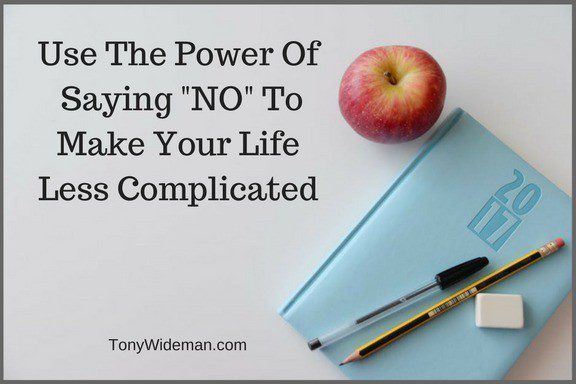
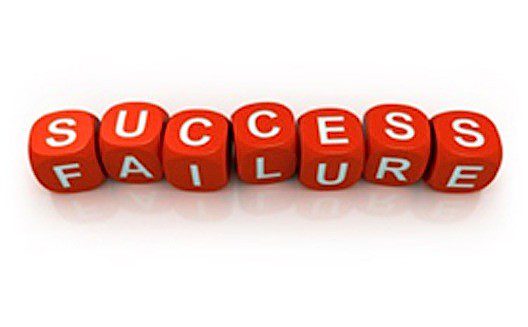
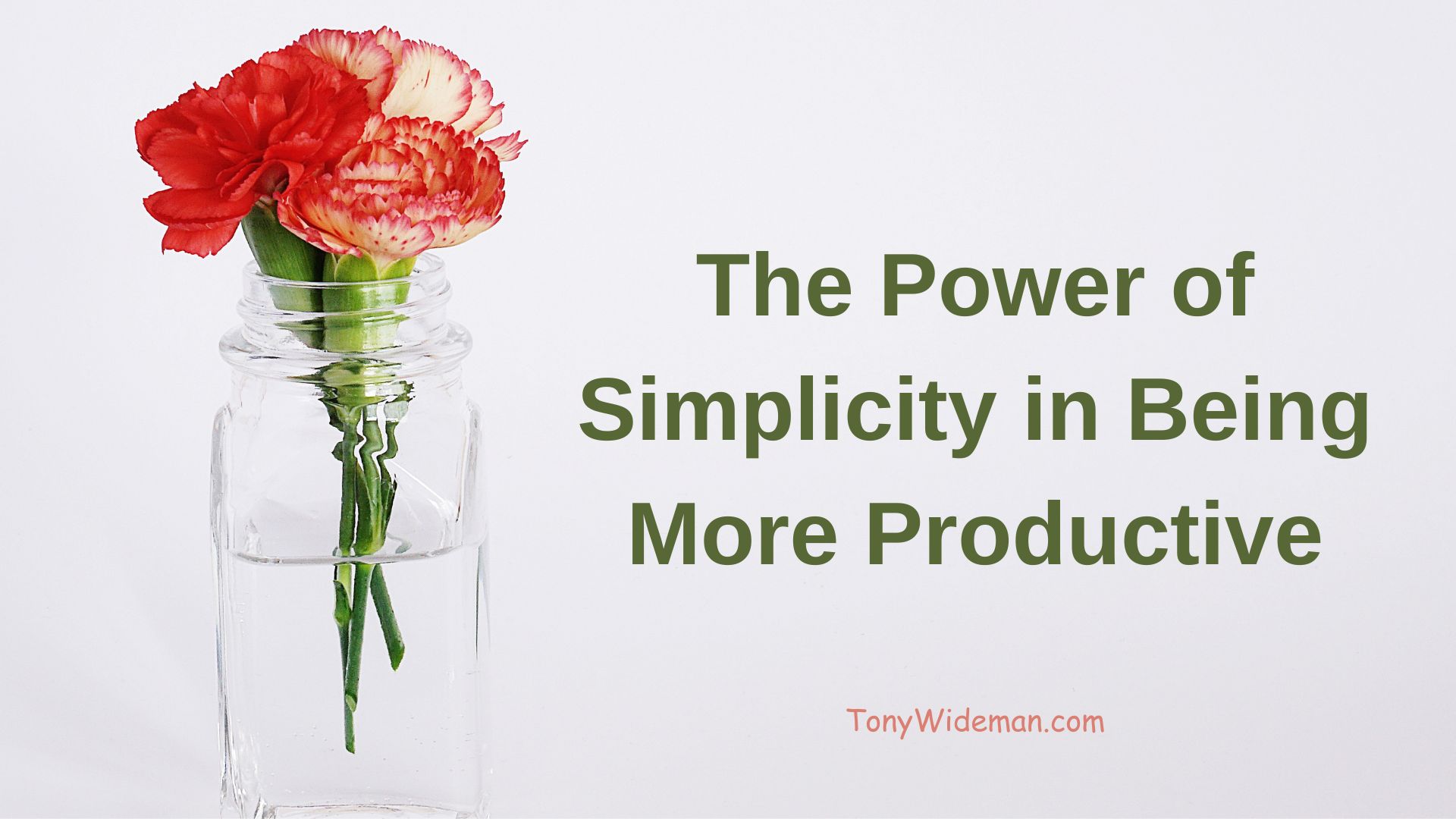
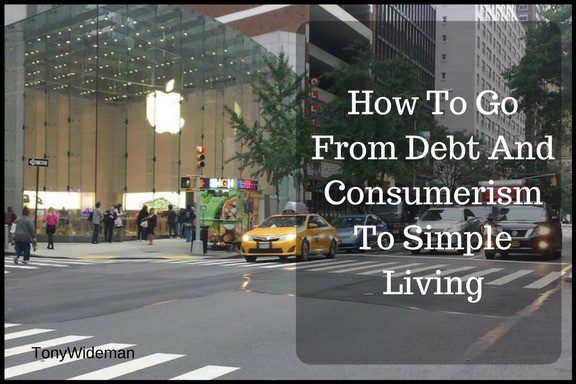

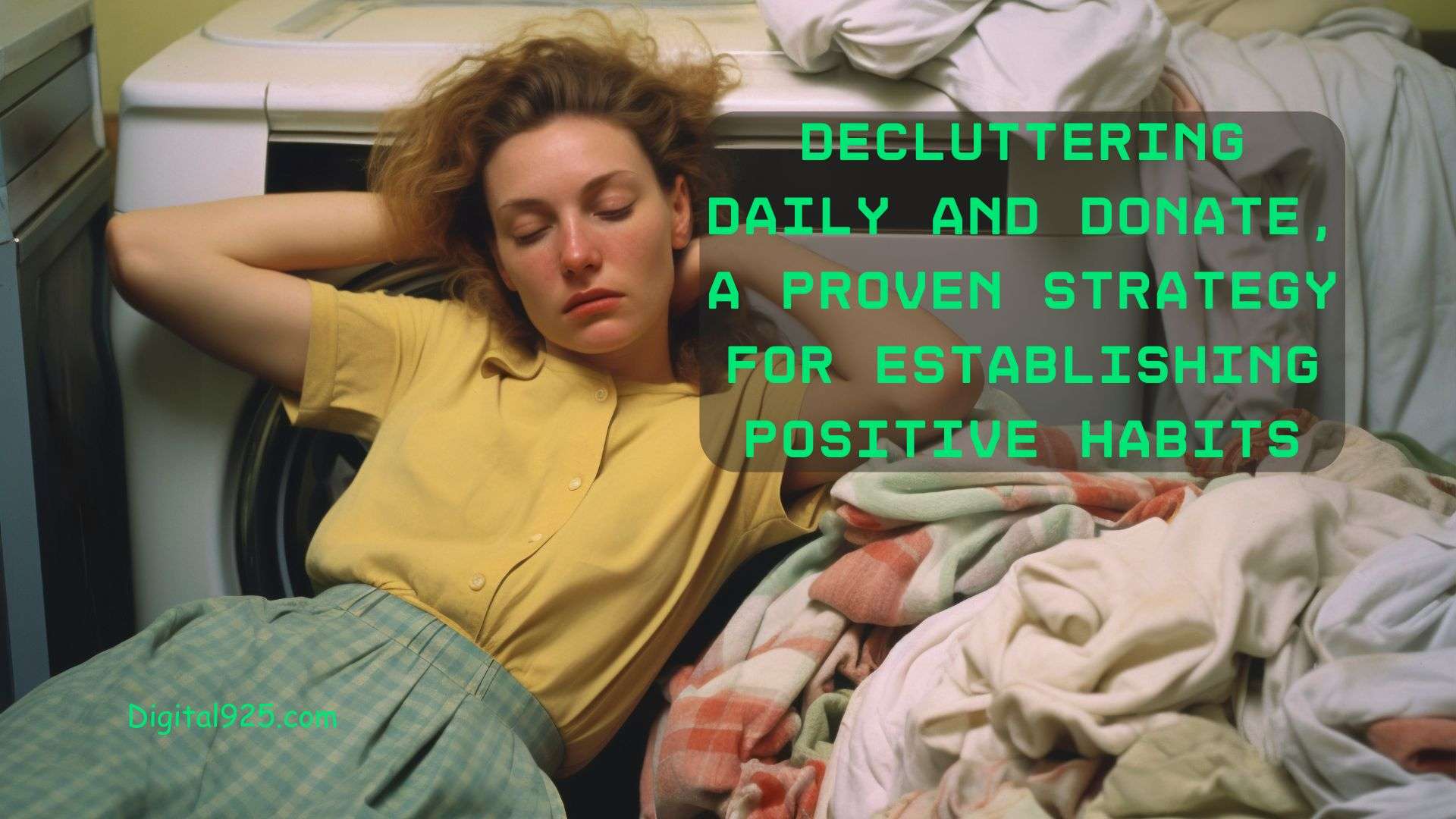
Very interesting site. I love the idea, less stuff! I really like that idea. Hopefully many people will read your site and realize we really don’t need 2 of everything. Very interesting, thanks, Deanna
Thanks for your comment Deanna. We not only don’t need two of everything, we don’t need one of many things. I hate cleaning, storing and managing a lot of unnecessary stuff. There was a time I wanted to throw it all away every Saturday morning. LOL.
Hey Tony, I totally agree with you. I read about minimalists a few years ago in the newspaper and then I started to wonder: are they really happier? Because they sound happier. At first, I was reluctant but I realised that the things I own overwhelm me and don’t bring me happiness so I started to slowly get rid of the things that I didn’t need to. It’s a process that takes years but it really clears the mind.
However it might be tough, it’s worth to try, especially now when we’re bombarded by informations from every side.
I think you could even say “choose minimalism. Choose happiness”. 😉
Thanks for your comment Adriana. I like “Choose minimalism. Choose happiness” LOL. Sometimes we do and own things and don’t even know why. It can be a force of habit, I don’t know. Getting rid of some of those things also gets rid of the time and cost of maintaining them. I am happy you have had success with Minimalist principles.